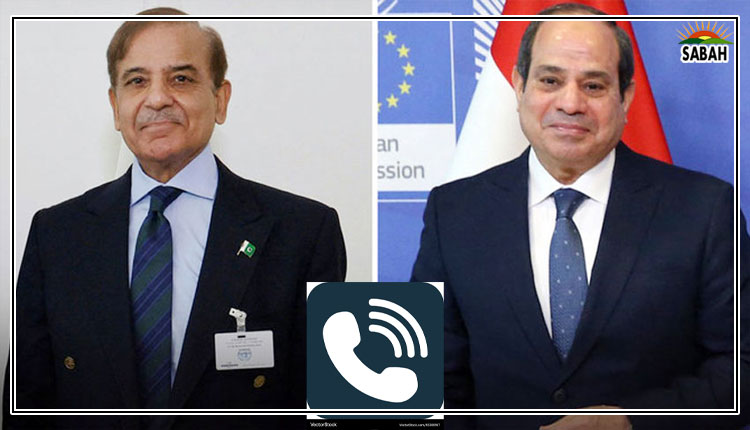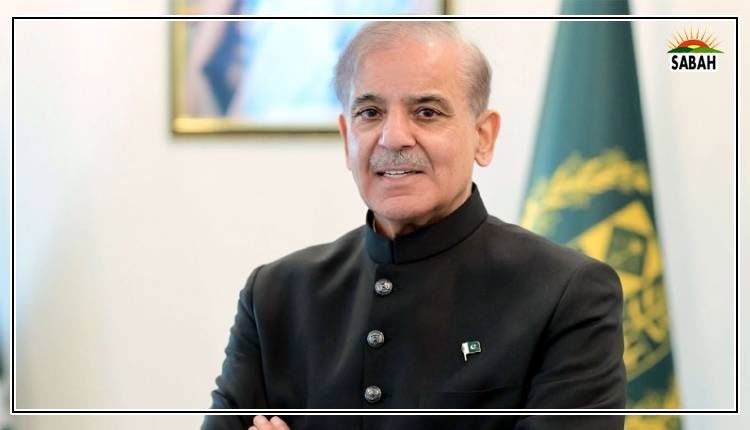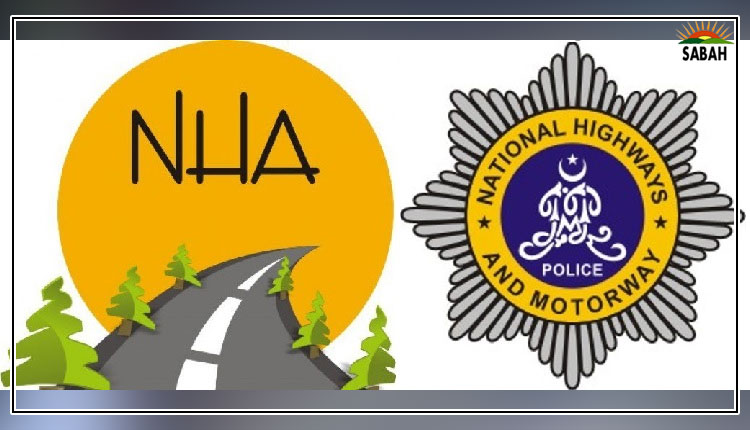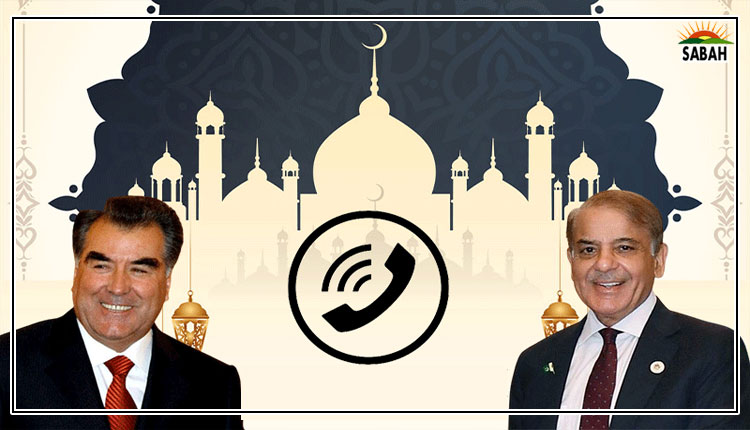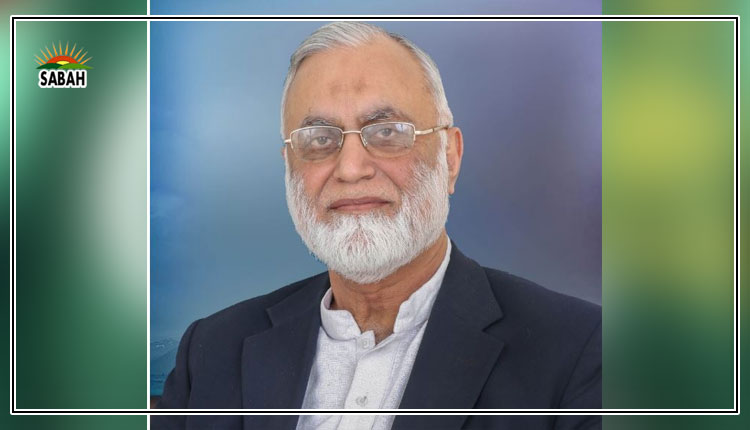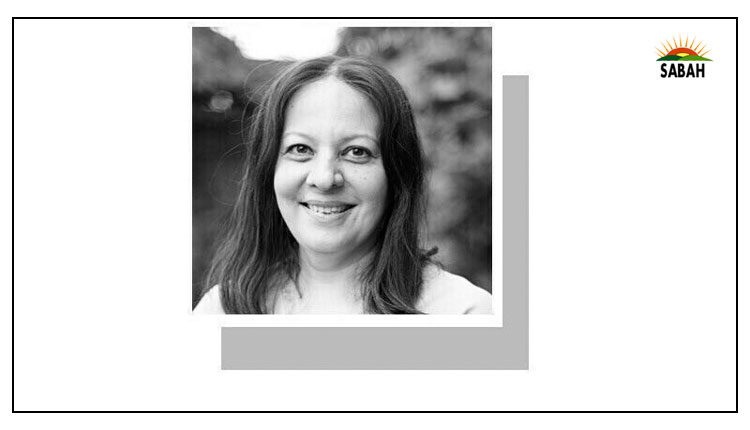Sleepless in Karachi ….Muna Khan
WHEN I moved to Hanoi in 2008 to work at a newspaper as a copy editor, my toughest challenge was readjusting my meal timings. Our shifts began at 2pm, ended at 9pm and we received a half-hour break to grab dinner around 6pm, so we could only really go in the neighbourhood to eat. Vietnam is a diner’s delight especially when it comes to street food and affordable cafés all over cities, towns, villages. You’re never starved for options.
Hanoi awoke by sunrise and was dead by 9pm. So of course, I adjusted. I ate breakfast by 8am, lunch at noon and dinner at 6pm, even on my days off. Everyone did. I have continued this habit, with exceptions and only in Pakistan where I’m convinced we’re all owls. Whenever I have struggled with sleep, I have modified my routine to accommodate it — sometimes with supplements, tweaking diet, exercise, not watching television news past 8pm, etc. But for the last year or so, I am struggling to sleep again and am sicker, slower, unhappy.
I suspect I am not alone. I am consumed with thoughts about the economy, the country’s security, the speed at which we seem to be moving towards martial rule and how this impacts my family’s future. I do not know what else to disconnect from without living in a world oblivious to one’s surroundings.
There is a saying how sleep is a luxury few can afford; I think the same is true for living in delusion, a disconnect or unawareness to what is happening in Pakistan.
It was once possible to sleep without aids.
But we know sleep is essential to health — it impacts our heart, hormones and overall immune system. The sleep industry continues to witness incredible growth. A BCC report estimates “the sleep aids market is projected to grow from $84.6 billion in 2021 to $125.3bn in 2027, at a compound annual growth rate of 6.9 per cent during the forecast period”. However, very few of us can now afford fancy gadgets like white noise machines, or cooling pads for your bed, or therapeutic weighted blankets or $15 a month subscription plans to apps.
Before technology truly took over our lives, it was possible to sleep without aids. My parents, who grew up on farms pre-Partition, had a routine which involved waking, schooling, napping, playing and bedtime — outdoors in the summer, indoors in the winter. Their village was their community. They both experienced wars but never talked about anxiety. The global anxiety treatment market size is expected to grow from $10.89bn in 2020 to $13.03bn in 2027 according to Fortune. A good friend once called a commonly used muscle relaxant a recreational drug here.
My doctor recently reminded me how modern humans have been around for 200,000 years but we’ve migrated to cities over the last several centuries. He believes we’re not really equipped for this modern lifestyle — overly processed food, less time in nature, strenuous exercise at gyms versus walking for miles on end, which is what our ancestors did. Their lives revolved around nature’s rules: up at sunrise, asleep after sunset. There is a lot of debate about what homo sapiens ate but there are new studies to show our ancestors ate grains and carbs and gluten — things that cause fear today.
We can return to practising our ancestors’ habits but can we break our reliance on our devices which play a major role in disrupting our sleep environment and behaviour? It’s not about X hours of sleep a night but consistent hours of sleep.
Light majorly impacts the circadian rhythm which is why the neuroscientist podcaster Andrew Huberman (must watch) recommends spending 20 minutes in natural light within an hour of waking to regulate mood and energy levels. Most of our internal clocks follow the sun’s pattern. The more exposure you have to artificial light post sunset, the more disrupted your circadian rhythm and sleep.
I have avoided all doctors’ following advice because I know it will be my next toughest challenge: switch off screens at least two hours before bedtime. The device’s blue light disrupts the sleep cycle as it suppresses the production of melatonin, a natural hormone which helps us feel sleepy. I admit whenever I read a book in bed, I fall asleep quicker but I’m struggling to break the Netflix habit.
While it will be hard, it is also the only advice I can truly afford to do along with drinking three litres of water (12 glasses a day), most of it in the day, the last glass being two hours before I sleep. And eating my last meal four hours before I sleep if it is meat and two hours if it is plant based. However, hearing my doctor’s number one advice had a profound impact on me and inspired this column: practice happiness. It is key to good sleep.
The writer researches newsroom culture in Pakistan.
X (formerly Twitter): @LedeingLady
Courtesy Dawn, September 10th, 2023


